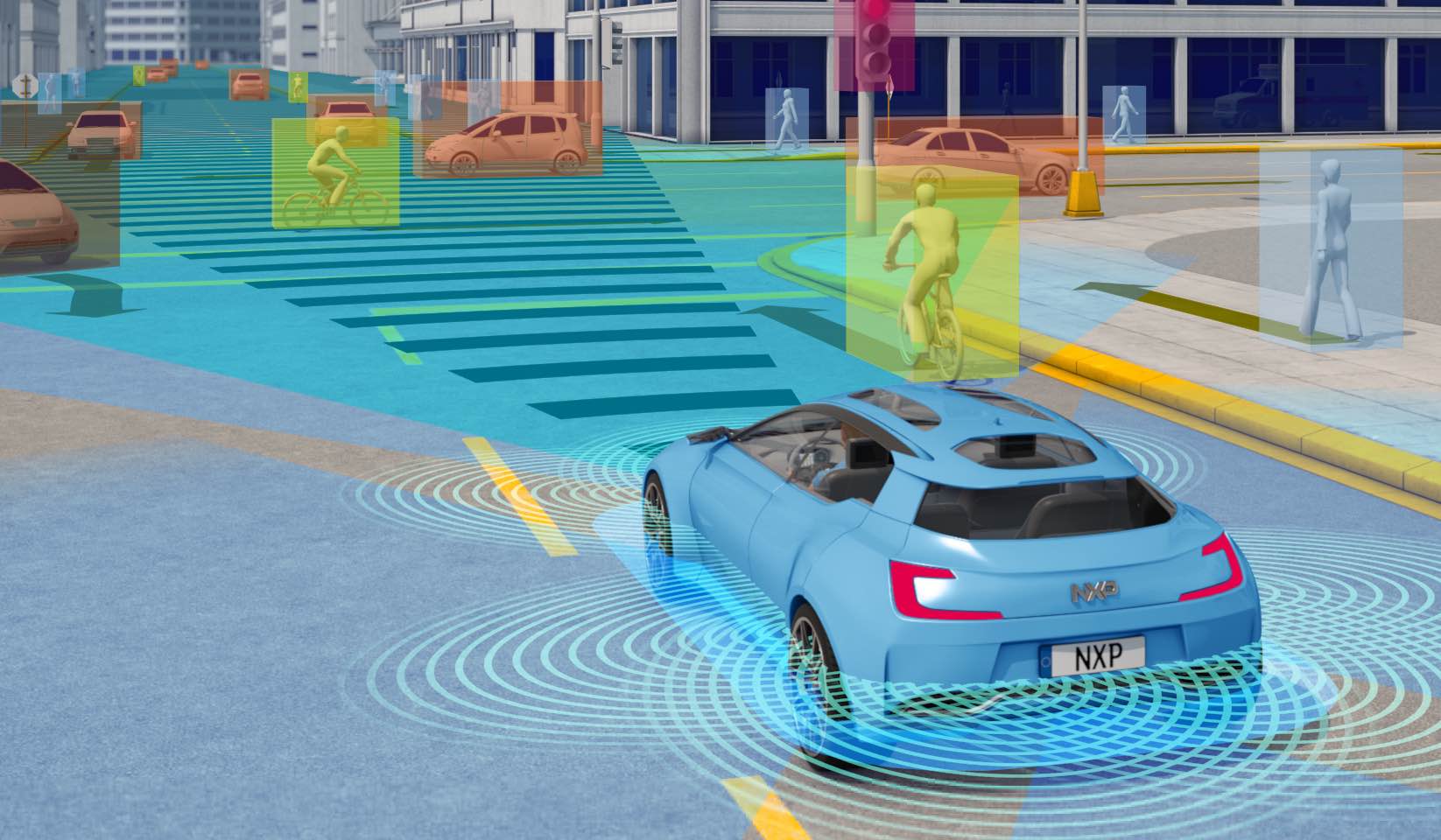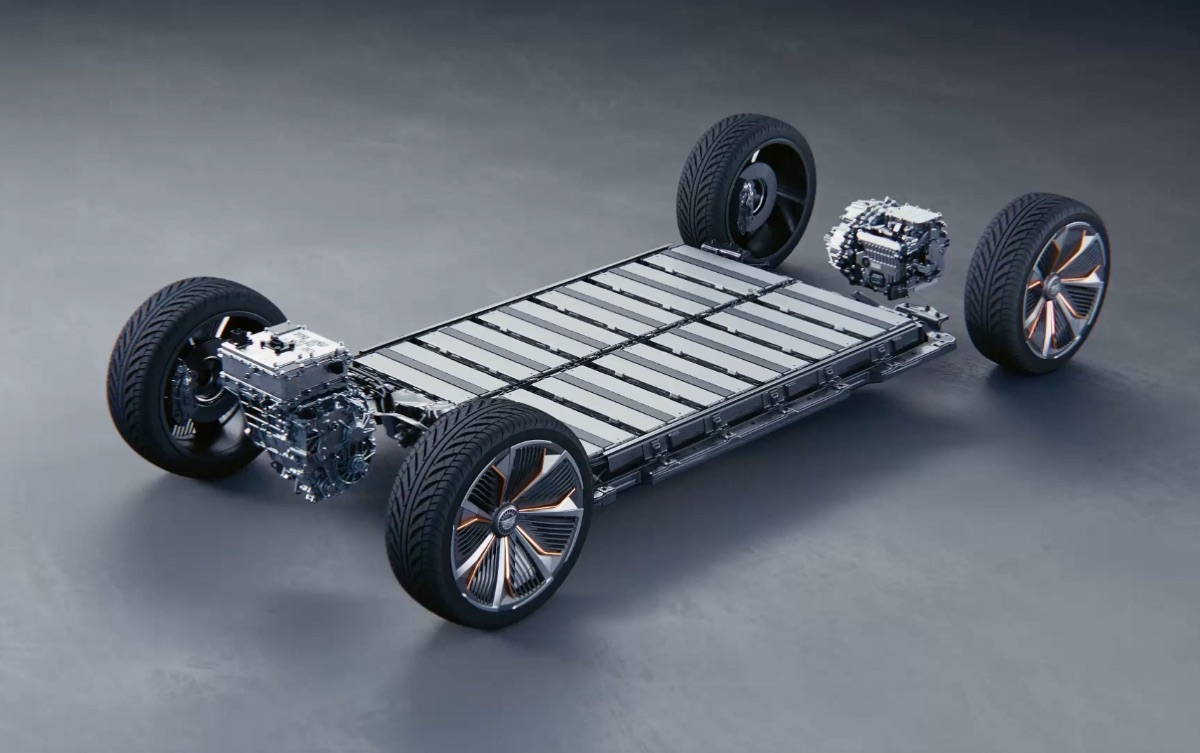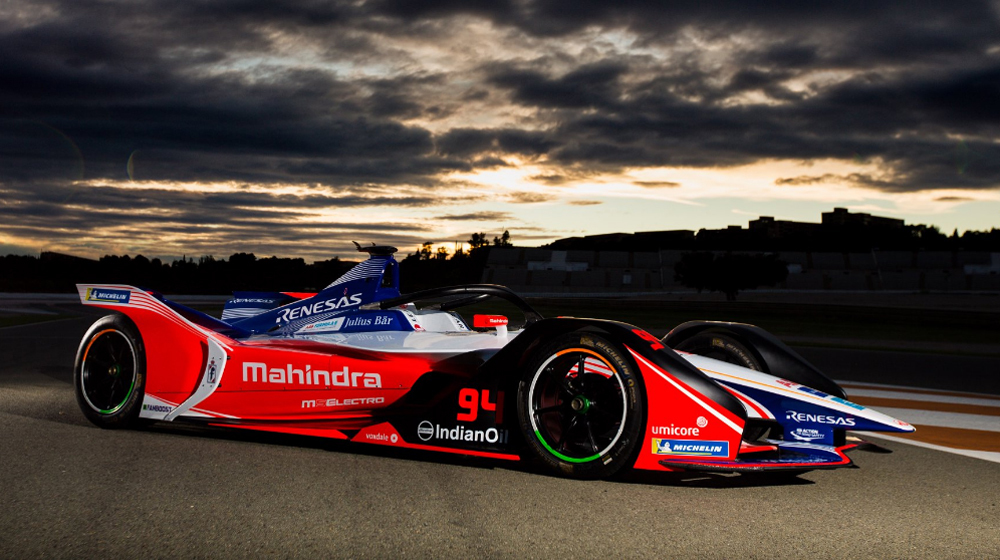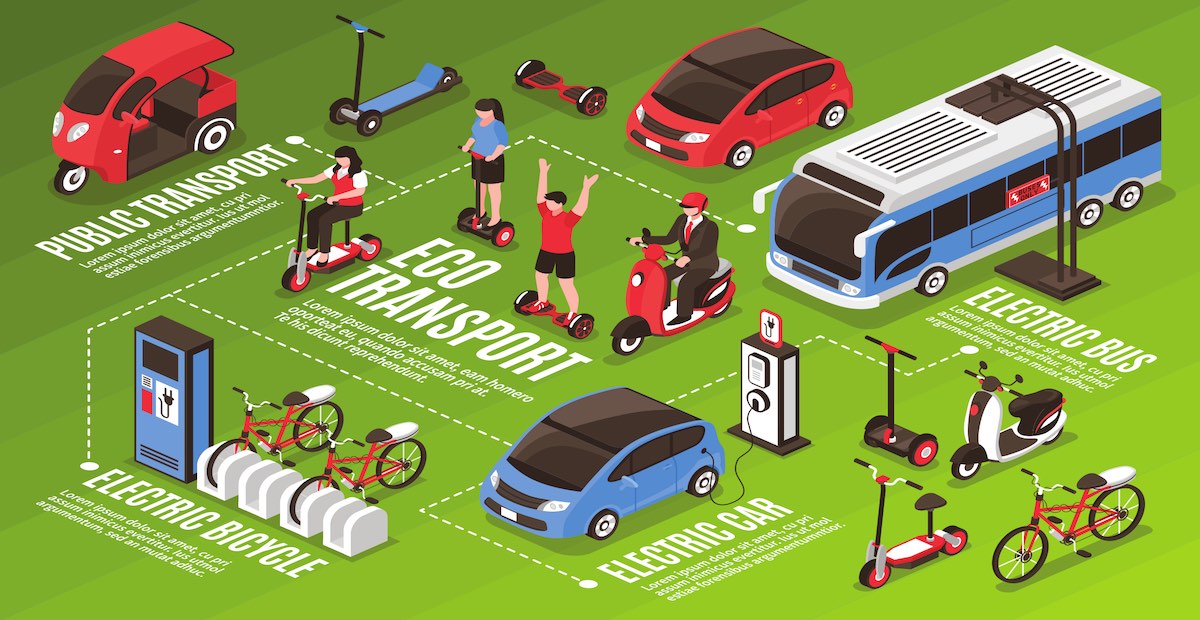With the recent announcement that Hyundai will be spinning the Ioniq nameplate into its own brand, it’s of little wonder that the Korean brand is squarely set to become one of the major mainstream EV players.
Many major companies are joining the EV race but Hyundai’s EV models have already become some of the most innovative and popular models around today. The Korean manufacturer’s lineup includes the Hyundai Kona and the Hyundai Ioniq — two impressive models that have won much acclaim in their BEV forms.
Hyundai’s EV innovations have been hall-marked by impressive range and charge times that are critical to the success of any EV venture. Hyundai is also proactively participating in new schemes to help further develop the industry and test new innovations.
Ioniq Beginnings
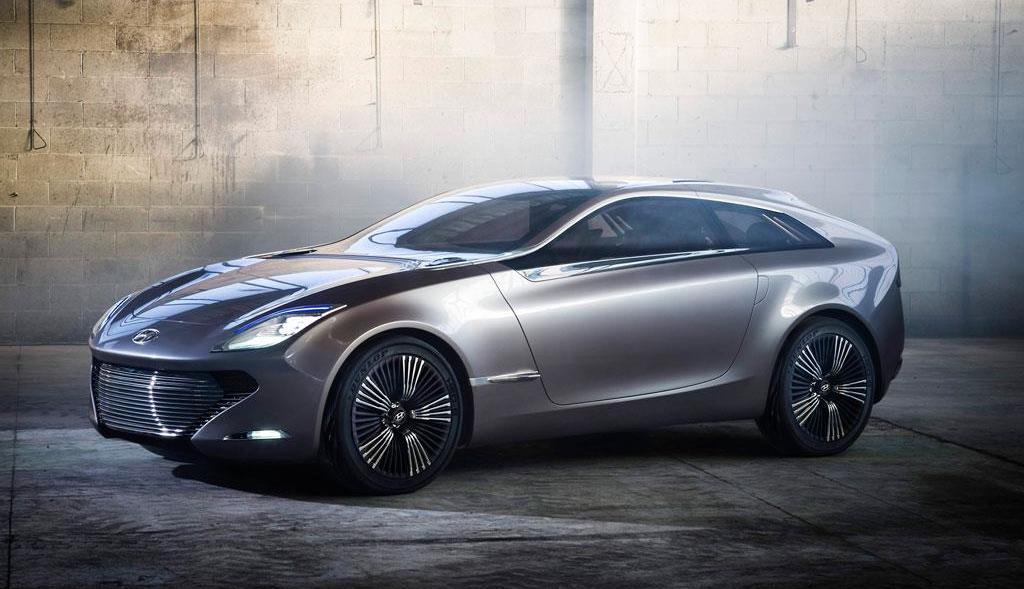
Although we’re only just starting to see signs of Hyundai’s EV maturity, their success has been some time in the making. In 2012, they revealed the i-ioniq concept at that year’s Geneva Motor Show. The new Hyundai EV concept showcased their first true exploration of the market.
Dropping the stylized name, Hyundai released the production Ioniq in 2016. With a 28kW battery delivering 89kw (120hp) and a range of 200km, its range and efficiency made it one of the most innovative EV vehicles on the market.
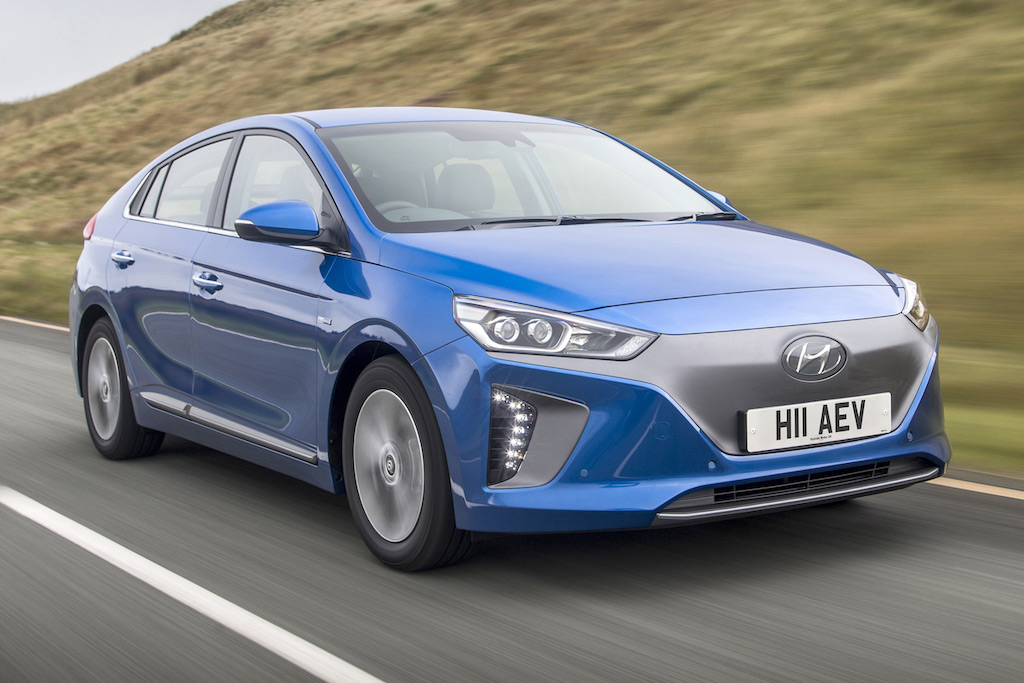
Tests carried out by the US Environment Protection Agency showed that the Ioniq EV was the most efficient model in the country. The maiden Hyundai EV returned an economy figure equivalent of 1.7L/100 km (136 mpg-e) and overall energy consumption of 25kW/160km (100mi). This outperformed many of their EV rivals including the Toyota Prius Prime and the BMW i3.
Extending their range
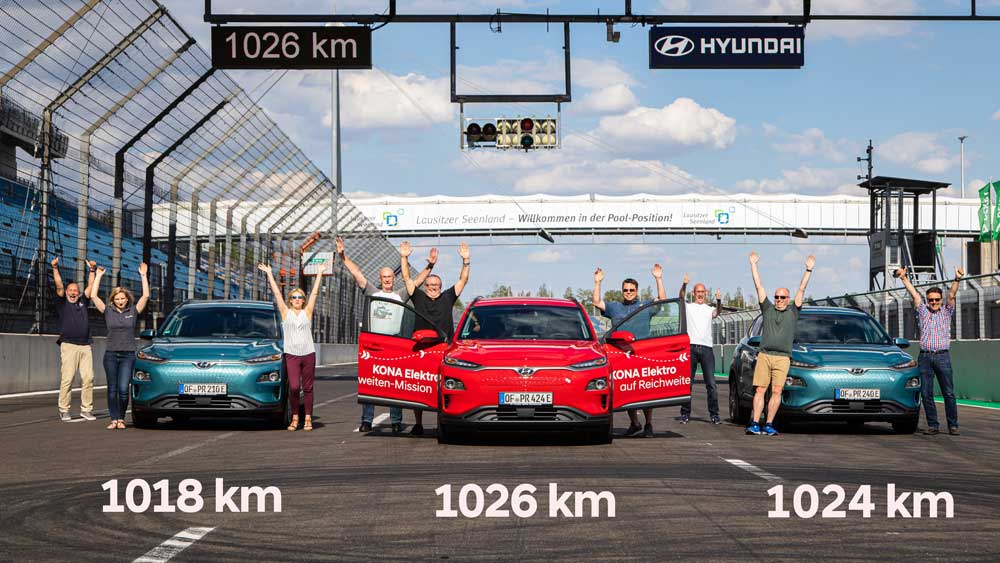
Hyundai’s EV presence has extended beyond the Ioniq range. The Kona EV marks their first foray into the EV subsection of the Crossover-SUV market. The Kona comes with a beefed-up powertrain: a 150kW motor and an average range of 415km (258mi) on a single charge. The improvements to the Kona’s power has made it one of the more durable EV’s in the market but the Kona has managed to take things one step further.
A 2020 test at the Lausitzring in Germany saw the Kona break the record for distance covered by an EV on a single charge managing to go 1000km around the track. This was achieved by 3 separate Kona models which achieved a maximum total of 1026km (637mi) averaging speeds of 60km/h (37mph) to simulate city driving. These figures were 2.5 times more than the factory average (449km) quoted by the Korean company and outperformed notable rivals such as the Tesla Model 3.
Pushing infrastructure changes
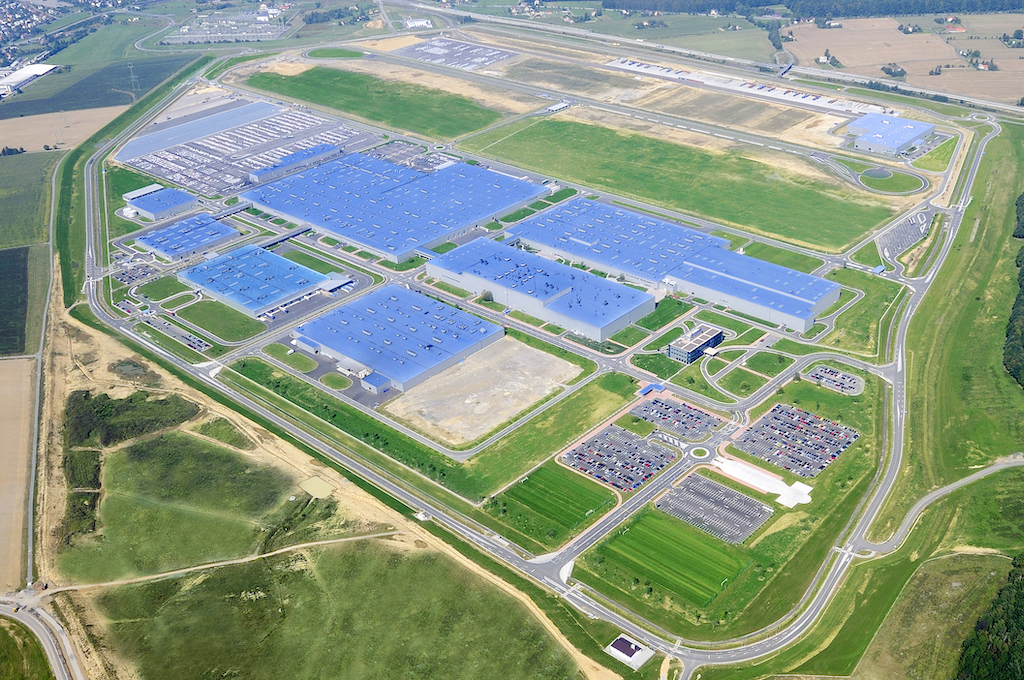
Hyundai is constantly looking to see how they can further innovate within the industry and are looking to trial new EV technologies for both cars and their owners. An example of this has seen the Korean company partner with Australian energy retailer Origin to test the effects of charging on local power grids. It will not only give an impression on how charging technology impacts daily life but how vehicle manufacturers can adapt technology in future products.
Alongside that, Hyundai is also expanding production capabilities to become one of the world’s leading EV manufacturers. According to Forbes, the Korean giant is producing 80,000 EV models a year in Europe alone — placing them second in the world, only behind US-giant Tesla. The Kona is their flagship vehicle selling over 100,000 models annually, making it a prominent part of their entire vehicle line-up.
With the announcement that Ioniq will now become its own brand under Hyundai, it’s evident that the senior management in Seoul is keen to push their EV brand even further.




